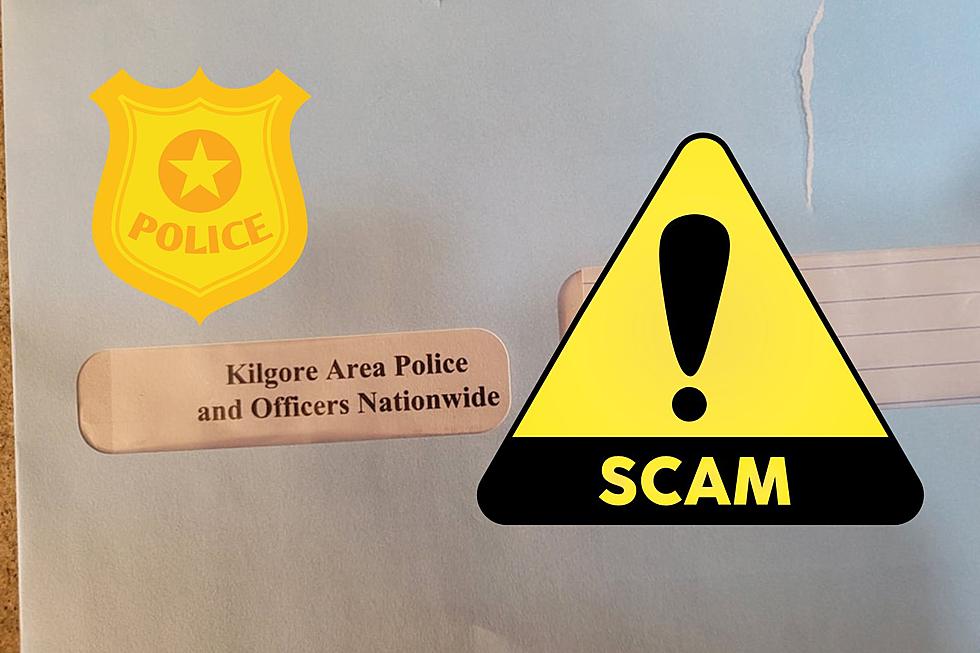
FBI Issues Warning on Dating App Scam to Launder Money
If you are dating, you are almost assuredly using a dating app to look for your next prospective crush. The FBI is warning that you could be making yourself a target for cyber-criminals who want to launder their ill-gotten gains.
According to the official Public Service from the FBI, these "confidence/romance" scams are people of all genders, ages, and ethnic backgrounds - but women, the elderly, and those who have recently become widowed are the most likely to be targeted. Over 33,000 people were reportedly duped by these techno-suaves in the last two years, and over $573 million has been exchanged or just outright stolen from Americans conned through online dating fraud alone - and that number is on the rise.
Instead of the usual scumbag that will trick online marks to send money for airline tickets, college tuition, bail money, etc. - these new breed of honey-pot con artists are convincing their matches to open bank accounts in their name in order to facilitate illegal money transfers and other financial chicanery. If the account gets flagged, the paper trail leads back to the mark.
According to the FBI's announcement, here are the red flags to look out for when you meet someone through a dating app:
- Immediate requests to talk or chat on an email or messaging service outside of the dating site.
- Claims that your introduction was “destiny” or “fate,” especially early in communication.
- Claims to be from the U.S. but is currently living, working, or traveling abroad.
- Asks for money, goods, or any similar type of financial assistance, especially if you have never met in person.
- Asks for assistance with personal transactions (opening new bank accounts, depositing or transferring funds, shipping merchandise, etc.).
- Reports a sudden personal crisis and pressures you to provide financial assistance. Be especially wary if the demands become increasingly aggressive.
- Tells inconsistent or grandiose stories.
- Gives vague answers to specific questions.
- Claims to be recently widowed or claims to be a U.S. service member serving overseas.
- Disappears suddenly from the site then reappears under a different name using the same profile information.
If you or someone you know has been the victim of a confidence/romance scam, contact the FBI and the Internet Crime Complaint Center.
More From 107-3 KISS-FM









